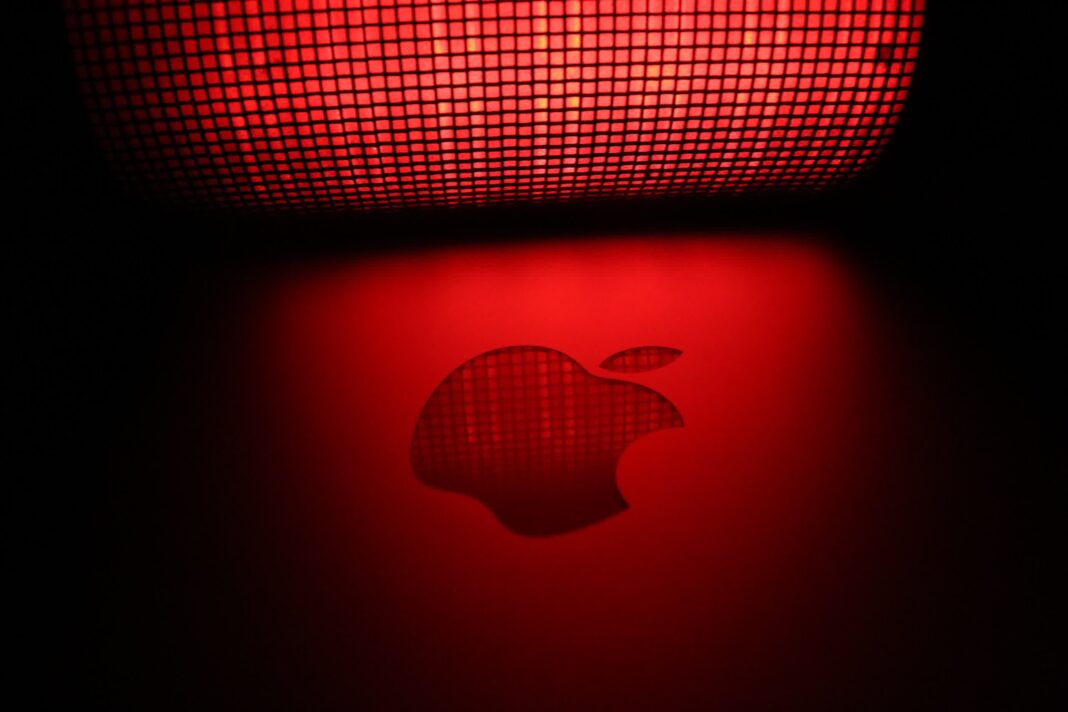A hot potato: A few years ago, Amazon partnered with Apple to limit the number of vendors on its marketplace selling Apple products. Retailers, including refurbishers, would have to jump through hoops to become an Apple “Authorized Reseller.” That plan didn’t pan out well for many Amazon storefronts, and now both companies are named in an antitrust lawsuit alleging “price fixing.”
A lawsuit was filed on Thursday alleging that Apple and Amazon entered an agreement in 2019 to purposefully restrict the number of third-party resellers on the storefront to eliminate competition and engage in price fixing. Hagens Berman, the law firm representing the case, says that the two companies explicitly targeted resellers offering Apple products under MSRP.
The claim filed in US District Court, Washington, says that the two tech giants colluded to snuff competition and “maintain premium pricing for Apple products.” In exchange for banning third-party merchants, Apple agreed to sell its products directly to Amazon at a discounted wholesale price.
“[This] unlawful horizontal agreement between Apple and Amazon [aimed] to eliminate or at least severely reduce the competitive threat posed by third-party merchants,” claimed Hagens Berman.
The attorneys allege that Amazon reduced third-party Apple retailers by 98 percent, bringing the numbers from 600 to only seven. This purge allowed Amazon to become the top Apple vendor on its marketplace, where previously, it was “a marginal seller.”
Chinese counterfeit cases manufacturers usually find out the color names of Apple’s cases before they officially go out and imitate them every year. However, this year the cases came out before the iPhone, which is very unusual pic.twitter.com/r00naJ0LfS
— Majin Bu (@MajinBuOfficial) August 12, 2022
“Available data indicate that there were at least 100 unique resellers offering iPhones and at least 500 resellers of iPads on Amazon’s platform before the agreement, and after, no more than seven remained, a decrease of 98% of third-party Apple product resellers,” the filing claims.
The suit points out that before the agreement, competition between third-party Apple resellers was heavy, resulting in “steeply discounted” prices. However, the filing fails to mention whether the offerings were new or refurbished items. Sellers widely feared that the Apple/Amazon arrangement would put refurbishers out of business.
On the counter side of the coin, the suit does not acknowledge that Amazon has long had a problem with counterfeit resellers on its marketplace, and Apple products were one of the hot items for fake sellers. In 2016, Apple found that 90 percent of apple accessory resellers were counterfeiters.
Accessories were not the only problems either. On multiple occasions, Apple has also had to contend with fraudulent iPhones and iPads. While not always linked directly to Amazon, authorities have busted Apple scam artists several times with millions of dollars in look-alike phones and tablets. It’s a problem still going on today.
The lawsuit asks the court to place an injunction on Amazon to prevent it from banning third-party Apple vendors. It also wants an unspecified cash settlement to reimburse customers that “overpaid” it for Apple products.


